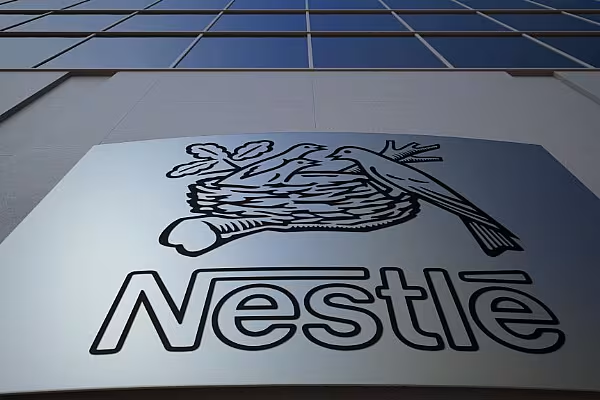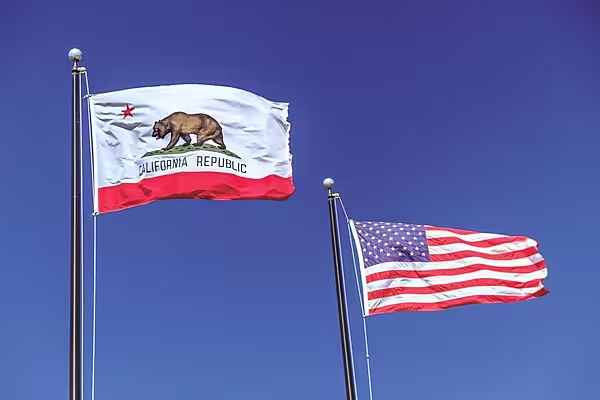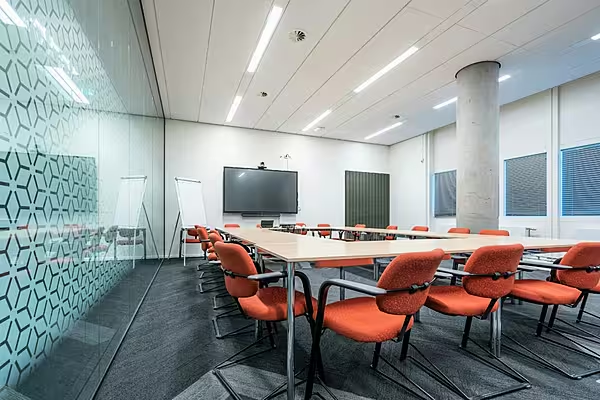Nestlé has announced that it will introduce a satellite-based monitoring service in all its palm oil supply chains by the end of 2018.
The monitoring service will ensure that there is no deforestation taking place in the palm oil plantations of its suppliers.
Nestlé will become the first global food company to implement such a service, and the move is in line with the company’s goal to dissociate its products from deforestation by 2020.
"Our 'eyes in the sky' will monitor our palm oil supply chain 24/7, regardless of their certification status," said Benjamin Ware, global head of responsible sourcing at Nestlé S.A.
"This will enable us to further disclose publicly what we find, where we choose to suspend non-compliant suppliers, and where we choose to engage and improve the situation."
Digital Service
The monitoring service, Starling, was developed by Airbus and The Forest Trust. The pilot project began in 2016 over the Perak landscape in Malaysia.
Starling is a digital service that uses machine learning and cloud technologies to provide precise information about changes in forest cover.
“Terabytes of satellite images are turned into actionable information, to provide our customers with a reliable service to monitor their supply chains and to early identify potential deforestation events," said François Lombard, head of the intelligence business at Airbus Defence and Space.
The service will cover 100% of Nestlé’s global palm oil supply chains by the end of the year. The company also plans to extend the service to cover its pulp and paper supply chains in 2019.
In 2017, the company announced that 63% of its global supply chain was deforestation-free.
In July of this year, Nestlé's membership in the Roundtable on Sustainable Palm Oil (RSPO) was reinstated three weeks after it was suspended on 27 June.
© 2018 European Supermarket Magazine – your source for the latest retail news. Article by Dayeeta Das. Click subscribe to sign up to ESM: European Supermarket Magazine.











